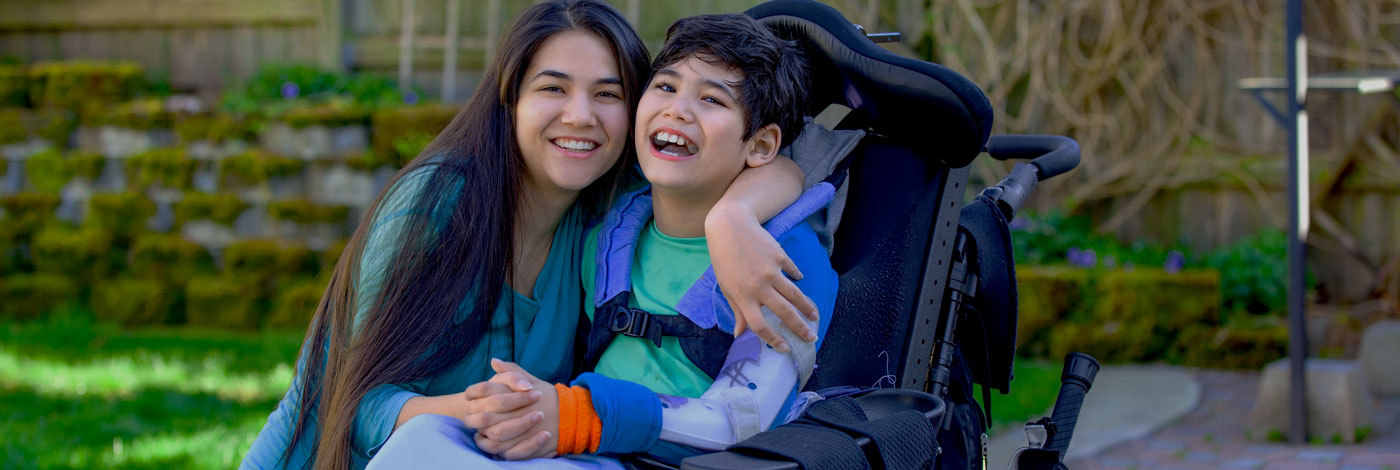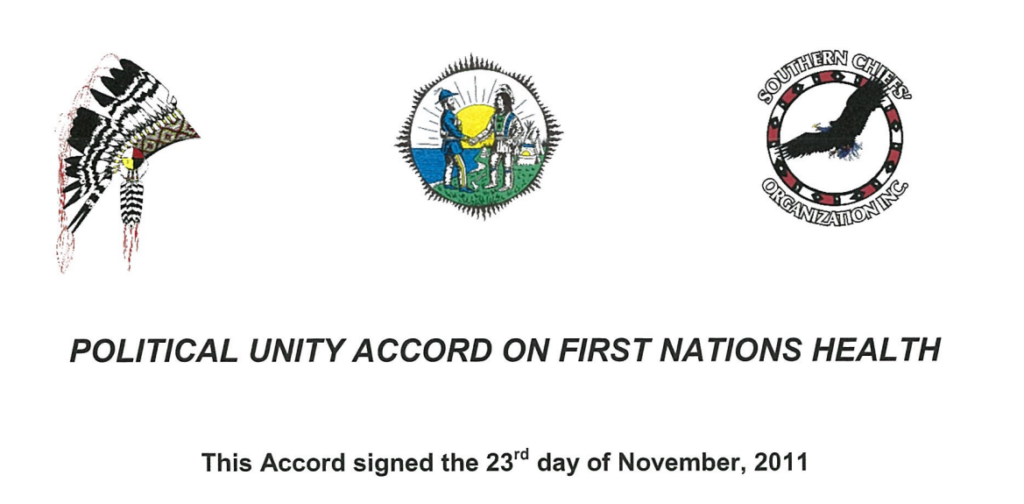Health Unit
AMC Health Directorate
Mandate and Framework Development
The AMC Health Directorate’s main mandate is to aid the Grand Chief in implementing Chiefs-in-Assembly health-related Resolutions. The mandate included creating a tripartite framework for a unified health system in Manitoba and developing a regional First Nations stance on Canada’s federal Indigenous health legislation. This unit’s work is guided by several historical documents, international instruments like the UNDRIP, the Calls to Action from the Truth and Reconciliation Commission, and the Calls for Justice of the MMIWG National Inquiry.
The Health Directorate drafted a 2-year proposal and work plan focusing on unified approaches and political strategies aimed to restore self-determination, fiscal sustainability, and jurisdiction over sovereign First Nations health care systems. The proposal and work plan included collaboration with various First Nations stakeholders in Manitoba, legislative bodies, and external partners to identify and address urgent and long-standing health issues. The plan emphasizes relationship-building with different stakeholders, including Traditional Healers, Elders and Knowledge Keepers, including all genders, youth, and Two-Spirit and LGBTQQIA+ individuals, ensuring that healthcare decisions respect First Nations’ cultural values and priorities.
2-Year Proposal and Objectives
The 2-year proposal aimed to address disparities and empower First Nations, providing a roadmap to enhance health outcomes through innovative approaches and policy influence. The Health Directorate’s approach emphasized inclusivity, acknowledging the interconnectedness of physical, mental, emotional, and spiritual well-being. It ensured that health initiatives were equitable, sensitive to unique needs, and aimed to create an environment where all individuals could access appropriate healthcare services.
Highlights
1. Chiefs Assembly Support: Assisted the AMC Special Chiefs Assembly on Health Legislation & UNDRIP from January 31 to February 2, 2023. Five health-related resolutions were passed, directing the Health Directorate by the Chiefsin-Assembly.
2. Co-Development of Indigenous Health Legislation: On May 2, 2023, the Health Directorate and FNHSSM submitted a joint proposal to the federal government to participate in Indigenous Health Legislation – Phase 2. A portion of the proposal may be funded, but efforts will continue to pressure ISC for full funding.
3. Knowledge Keepers Gathering: Held a gathering on Indigenous Health Legislation on June 14, 2023. A report is being drafted to inform a regional First Nations position and legal guiding principles related to First Nations laws.
4. First Nations-led Post-Pandemic Review: Coordinating with the Grand Chief’s Office to develop a work plan for a review in 2023-2024. The goal is to identify immediate and long-term solutions to support First Nations’ authority and jurisdiction in planning and responding to Page 33 future health crises, like the recent COVID-19 pandemic.
5. Mental Health and Support Initiatives: Interviewed and provided feedback to Waapihk to prepare a draft of the 2024-25 Manitoba First Nations Alternative Budget – Micro-Report, focusing on Mental Health, Addictions Treatment and Prevention, Trauma Support, and Suicide Prevention.
6. Landfill Search Feasibility Study: Provided policy and administrative support to the Landfill Search Feasibility Study Committee, assisting in submitting two proposals for funding the study and organizational administrative support.
7. Building Human Resource Capacity: Collaborated with the Executive Director and HR to enhance the Health Directorate’s human resource capacity, resulting in the hiring of a Director and a Senior Health Analyst.
8. Chiefs Task Force on Health Membership: Worked with the Grand Chief’s Office to update the Chiefs Task Force on Health (CTFoH) membership list, with planning for a CTFoH meeting being the next step.

Eagle Urban Transition Centre’s Health Programs
Patient Advocate Unit
The Assembly of Manitoba Chiefs (AMC)/Winnipeg Regional Health Authority (WRHA) Patient Advocate Unit supports our people by advocating, developing partnerships and bridging services through effective service coordination to ensure quality services for all First Nations people. This partnership with AMC and WRHA is imperative to ensure the medical needs of First Nation people are met, and their medical issues are addressed in a timely and meaningful way as the number of clients continues to grow each year.
Read more
Your patient navigator is here to provide guidance, information and support throughout your medical journey outside of the hospital.
A patient navigator is a resource for Indigenous patients/clients and families to help connect them to the right services to meet their healthcare needs. They are a resource to health care providers to help make health care services culturally safe and assist them with connecting Indigenous services.
Services we provide:
- Non-Insured Health Benefits to provide information and/or assist with coverage/appeals
- Transportation Referral Unit
- Medical Relocation information
- Accessing your medical records
- Filing Critical Incident/hospital complaints
- Consultation (legal, family, medical)
- Employment and Income Assistance (E.I.A.) processes
Direct Referrals:
200-275 Portage Avenue
Winnipeg, Manitoba R3B2B3
Phone: 204-987-4120
Toll-Free: 1-888-324-5483
Fax: 204-944-0582
In-Hospital Referrals:
Indigenous Health Programs – Central Intake
Phone: 204-940-8880
Toll-Free: 1-877-940-8880
Fax: 204-943-1728
EUTC Special Needs Advocate Unit
The mandate of the Special Needs Advocate Unit is to improve the quality of life for First Nation children and their families living with special needs and/or disabilities and mental health in First Nation communities and urban settings also to pursue ongoing communication between First Nation health care and social services providers.
Details
The Assembly of Manitoba Chiefs, in conjunction with the EAGLE Urban Transition Centre (EUTC) and First Nations and Inuit Health Branch (FNIHB), have partnered to create a Special Needs Patient Advocacy program to ensure meaningful participation and engagement of First Nations children and/or adults, in the Jordan’s Principle implementation process both on and off-reserve.
Jordan’s Principle is a child-first principle used across Canada to resolve jurisdictional disputes within and between government services provided to First Nations children.
The Special Needs Advocate Unit works with First Nation communities and organizations to develop protocols and measures for implementing special needs assessments.
Services we provide:
- Valuable education to clients and families on a variety of treatment, nutritional, financial, or social issues.
- Link clients and families to community resources such as transportation, housing assistance, financial assistants, and/or support groups.
- Work to optimize access to financial resources to assist clients and families with treatment-related costs, and therapy services, including drugs.
- Offer emotional support to clients and families during difficult and stressful times.
- Develop a care and support plan with the family and service providers at intake.
Contact Us:
200-275 Portage Avenue
Winnipeg, Manitoba R3B2B3
204-954-3050 (main line)
1-888-345-1883 (toll-free)
204-942-0253 (fax)
Darlene: 204-954-3053
Ryan: 204-954-3054
Patrick: 204-987-4102
Political Unity Accord on First Nations Health
The Political Unity Accord on First Nations Health was re-signed by the Grand Chiefs of the Assembly of Manitoba Chiefs, Manitoba Keewatinowi Okimakanak and the Southern Chiefs Organization on October 26, 2017.
Read the Political Unity Accord on First Nations Health

First Nations Health and Social Secretariat of Manitoba
Nanaandawewigamig – First Nations Health and Social Secretariat of Manitoba, was established by the Assembly of Manitoba Chiefs in 2013, based on Resolution JUL-13.08 Re: Interim Manitoba First Nations Health Incorporated Entity to Pursue Tripartite Collaboration for a Unified Health System: THEREFORE BE IT RESOLVED, that the Chiefs in Assembly approve the following interim corporate entity: Manitoba First Nations Interim Health Secretariat (with the Chiefs in Assembly as the membership of the Incorporated entity and the Chiefs Task Force on Health to be the Board of Directors).

Established in 2013 by the Chiefs-in-Assembly, Nanaandawewigamig was created to pursue tripartite collaboration toward a unified health system, guided by our treaty and inherent rights to promote culturally grounded, wholistic and community-based Health Care. Nanaandawewigamig seeks to support First Nations in Manitoba by collaborating on initiatives and strategies that promote and increase First Nations’ control, design and delivery of health services.
Our initiatives are based on First Nations’ rights to self-determination. Our purpose is to promote the overall well-being of First Nations and individuals regardless of residency and to protect and incorporate First Nations’ Traditional Knowledge and wellness practices.
Nanaandawewigamig works with the 63 First Nations, seven Tribal Councils, the independent First Nations and AMC, MKO, and SCO political organizations who entered into the Health Political Unity Accord in 2011. FNHSSM functions under the direction of the member of Chiefs-in-Assembly and its own board of directors.
Phone: (204) 942-9400
Fax: (204) 946-9761
Email: info@fnhssm.com
Website: https://www.fnhssm.com/